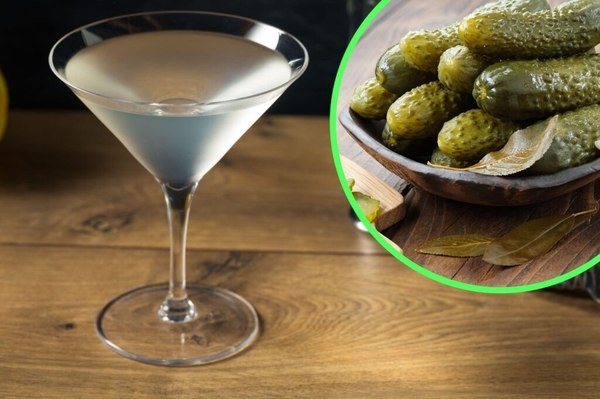Uncategorised
How some people are making millions helping people queue for food
26 Sep 2018
4m

It’s a common misconception made about the British that we love to wait in line. We do not. We, much like everyone else on the planet, hate waiting around for hours for an experience that will inevitably be tainted by endless loitering on a cold street corner. Complaining about it, on the other hand, is something we do very well.
For legions of queuing-averse foodies, there is a worrying trend within the restaurant industry. Rather than follow the traditional model of reservations, many businesses have decided that the best thing to do is dispense with bookings altogether and turn each service into a hungry free-for-all. At many of the world’s top restaurants, every evening sees customers race across a city to stand in line and hopefully get a table. Often, this can mean an entire night wasted in the hope that you will manage to secure a spot. Eating out has never been so stressful.
Of course, there are many defenders of this approach to food. Chef David Chang, famous for his bold, brash, take-no-prisoners attitude to cooking, explained way back in 2010 that, for him, no-reservations is an important way of bringing the diners’ attention back to the food. “By not taking reservations, there is a certain lack of pretension,” Chang elaborated in a New York Times article. “It is saying that we just want people to eat something delicious. And that people aren’t there for the scene – or anything else but the food.”
Chang is not alone. But there are plenty of people for whom the idea of leaving a night on the town in the lap of the gods simply will not do. If you’re celebrating a special occasion, eating with friends or family, or hoping to woo a client with something delicious, the prospect of mooching around for an indefinite period in a restaurant doorway simply doesn’t cut the mustard. For some time, these grumpy diners had no choice but to grin and bear it. The times, however, seem to be changing.
Modern technology has opened up a host of new possibilities for time-poor food lovers. Some businesses, spotting just how much many of us hate waiting to taste the very best food, have decided that it’s time to give the power back to the people. Their solution? A series of websites, apps and services that allow customers to pay money in exchange for skipping the queues at some of the busiest restaurants in town.
As the no reservations policy has become more widespread, so these services have become more popular. They range from entrepreneurial individuals to whole businesses equipped to tackle queues at multiple locations. Though the methods vary, the principle is fairly simple. Usually, at the request of a customer, a business will send a representative to stand in line and wait their turn, while the client is able to continue with their day. When the allotted hour arrives, the customer will be able to sub themselves in and enjoy the food without the wait.
Well established apps such as TaskRabbit and AirTasker have given some people the ability to shortcut the scrum and leave behind the loitering for good. Though the apps are by no means exclusively focused on the restaurant industry, AirTasker managed to earn its queuers a whopping AS$240 million a year, according to The Guardian. It’s a business model that is clearly proving popular.
It isn’t just businesses who are looking to take advantage of our unwillingness to wait. In Texas, enterprising teen Desmond Roldan nets some serious cash every month standing in line at some of the state’s best barbecue joints. His business “BBQ Fast Pass” offers customers “a premium line sitting service”, which donates 5 per cent of profits to a local dog shelter. According to reporting from USA Today, Roldan netted around $20,000 in his first two years of business.
But not all restaurants are happy with the misuse of the no reservations policy. Austin’s Franklin Barbecue, for instance, banned Roldan and other line sitters from its doors in order to return to a totally egalitarian system. The result is that, if you want to taste the food, you’ll have to wait anywhere between five and six hours, just like everyone else. Franklin Barbecue are by no means the only restaurant that have decided to take such drastic measures against line-dodging.
The standard line-skipping template is also not as squeaky clean as it might seem. Some have levelled accusations that big queue jumping businesses are inadvertently undermining workers rights – paying less than minimum wage for people to take time out of their day and wait. Others have argued that the practise only makes line skipping available only to those that can afford it, making the whole exercise an elitist charade. What’s the point in spending your valuable time, after all, when someone richer can just skip the queue because of the depths of their pockets?
The battle to beat the line is obviously a murky issue. There are obviously pros that are difficult for any restaurant to ignore when making the decisions over their booking policy. The notoriety brought by a massive line helps to create a buzz around any venue and acts as an effective tool for free publicity. But it’s also important to remember that such a policy cannot and will not work for every customer. Maybe restaurants need to adopt a slightly more nuanced and customer facing attitude if we don’t want to accidentally turn the queue into an anti-elitist battleground. At the end of the day, after all, we all really do hate queuing.


